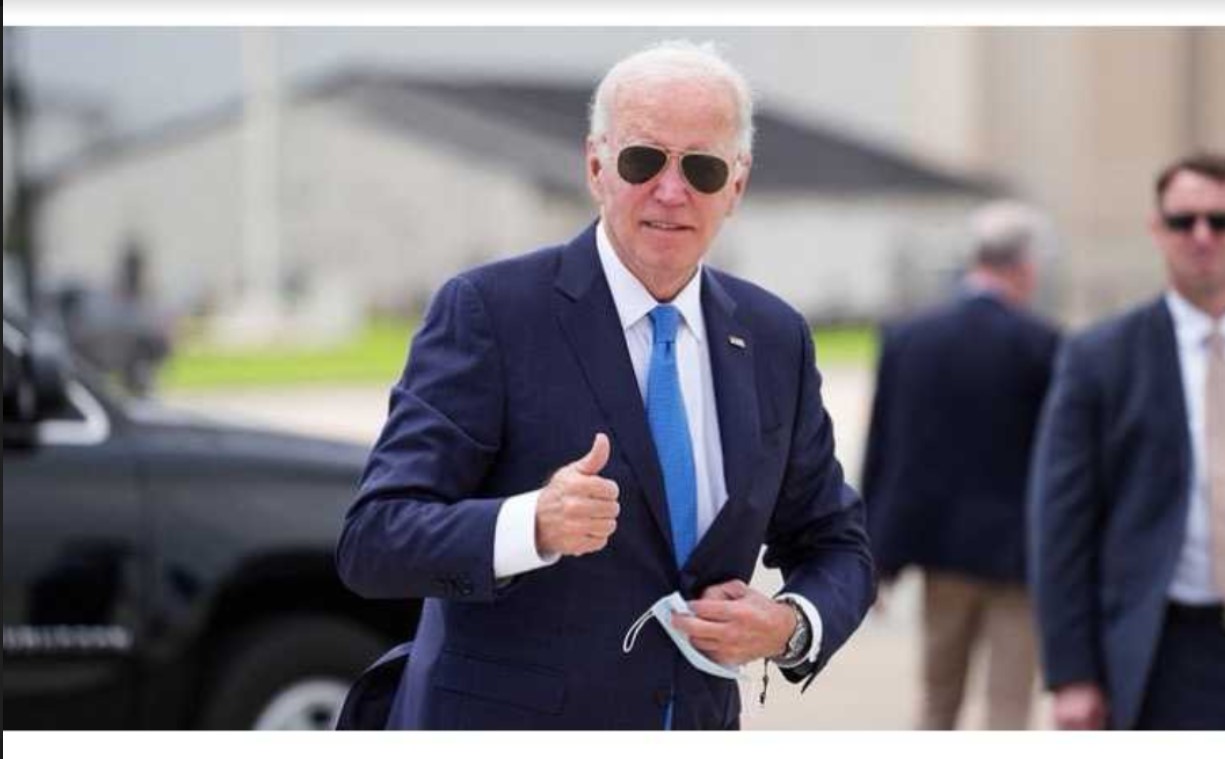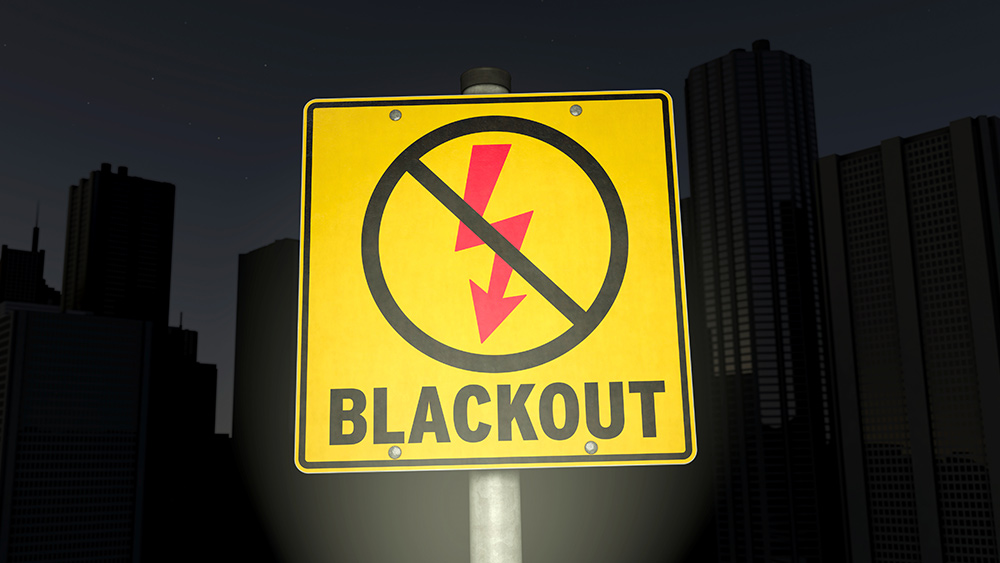High school female athlete takes symbolic stand after losing to male-born competitor
05/24/2025 / By Ava Grace

- Sixteen-year-old female athlete Reese Hogan stood on the first-place podium in protest after losing a California high school triple jump event to transgender competitor AB Hernandez, reigniting debates over fairness in women’s sports.
- Hogan set a personal record (37 feet, 2 inches) but lost by over four feet to Hernandez, who also won the long jump, highlighting concerns about biological males’ physical advantages in female competitions.
- Critics, including former NCAA swimmer Riley Gaines, argue that policies allowing transgender athletes in women’s sports undermine fairness due to inherent biological differences like muscle mass and bone density.
- California’s gender-identity-based athletic policies face backlash, with private schools and advocates condemning them as harmful to girls’ sports integrity, while progressive supporters defend transgender inclusion.
- Over 20 states have restricted transgender athletes in female sports, but California resists – fueling a polarized debate over Title IX, equality and whether biological sex or identity should govern competition.
A 16-year-old female athlete made a bold statement after placing second to a transgender competitor in a California high school track and field event.
Reese Hogan, a junior at Crean Lutheran High School, stood atop the first-place podium in silent protest after losing the triple jump to AB Hernandez, a biological male who identifies as female. Hogan set a personal and school record in the triple jump at 37 feet, 2 inches. Such an achievement would have typically secured a decisive victory.
Yet Hernandez, a junior from Jurupa Valley High School, outperformed her by more than four feet, securing first place. Hernandez also won the girls’ long jump event, further fueling frustration among female athletes and their supporters. (Related: Trump signs executive order prohibiting transgender women and girls from competing in female sports.)
After the official medal ceremony concluded, Hogan stepped onto the first-place podium where Hernandez had stood moments earlier. The move reignited the national debate over fairness in women’s sports – a battle that has intensified in recent years as male-born athletes continue to dominate female competitions.
Hogan’s protest is not an isolated incident. Across the country, female athletes and advocates have raised concerns about the physical advantages male-born competitors retain even after transitioning. Studies show that biological males typically maintain greater muscle mass, bone density and lung capacity than females. These traits translate into significant competitive edges in sports.
The growing fight to protect women’s sports
Riley Gaines, a former NCAA swimmer and outspoken advocate for women’s sports, praised Hogan’s defiance. Gaines, who famously tied with transgender swimmer Lia Thomas in a 2022 NCAA championship, has been a vocal critic of policies allowing biological males to compete in female divisions.
The California Interscholastic Federation (CIF), which governs high school athletics in the state, permits athletes to compete based on gender identity rather than biological sex. This policy has drawn sharp criticism from parents, coaches and even school administrators. In a rare move, three private high schools issued a joint statement condemning Hernandez’s participation, arguing that it undermined the integrity of girls’ sports.
The issue extends beyond high school competitions. While over 20 states have since passed similar laws, California has resisted, aligning with progressive policies that prioritize gender identity over biological reality.
Critics argue that these policies erase decades of progress for female athletes. Before Title IX’s passage in 1972, women had far fewer opportunities in sports. Now, advocates warn that allowing biological males to compete in female divisions threatens to reverse those hard-won gains.
Hogan’s silent protest may not change policies overnight, but it adds to a growing wave of resistance. As more female athletes speak out, pressure mounts on lawmakers and athletic associations to reconsider their stance.
For now, the debate remains deeply polarized. Supporters of transgender inclusion argue that banning athletes like Hernandez is discriminatory. Meanwhile, opponents counter that fairness in competition must come first.
Head over to GenderConfused.com for more similar stories.
Watch this video of President Donald Trump signing an executive order banning transgender athletes from women’s sports.
This video is from the TrendingNews channel on Brighteon.com.
More related stories:
WATCH: Female athlete speaks out against transgender agenda ruining women’s sports.
UN REPORT: Biological female athletes have lost nearly 900 medals to transgender athletes.
Sources include:
Submit a correction >>
Tagged Under:
AB Hernandez, California, culture wars, gender issues, identity politics, left cult, long jump, outrage, progress, Reese Hogan, Resist, Riley Gaines, sports, transgender, transgender athletes, transhumanism, wokies, women's sports
This article may contain statements that reflect the opinion of the author




















